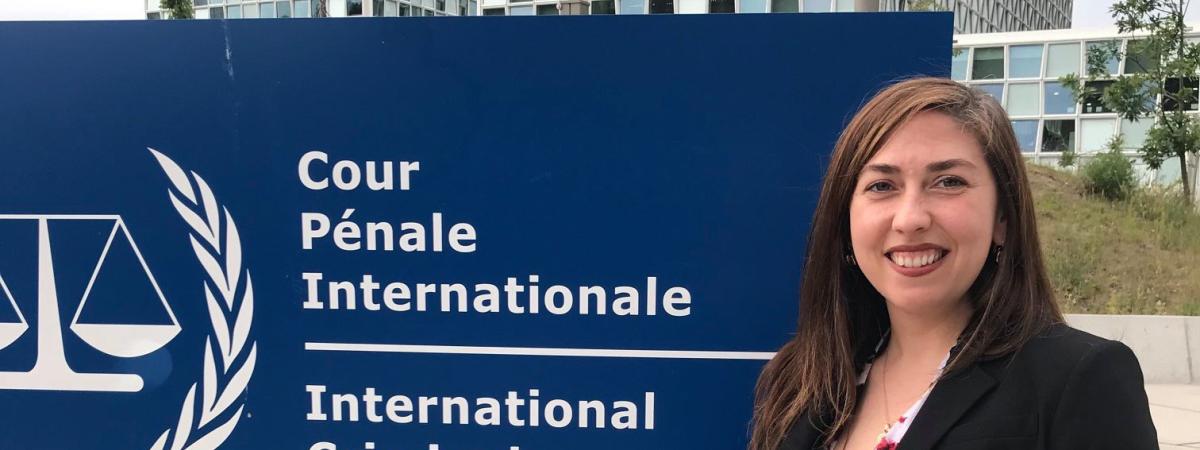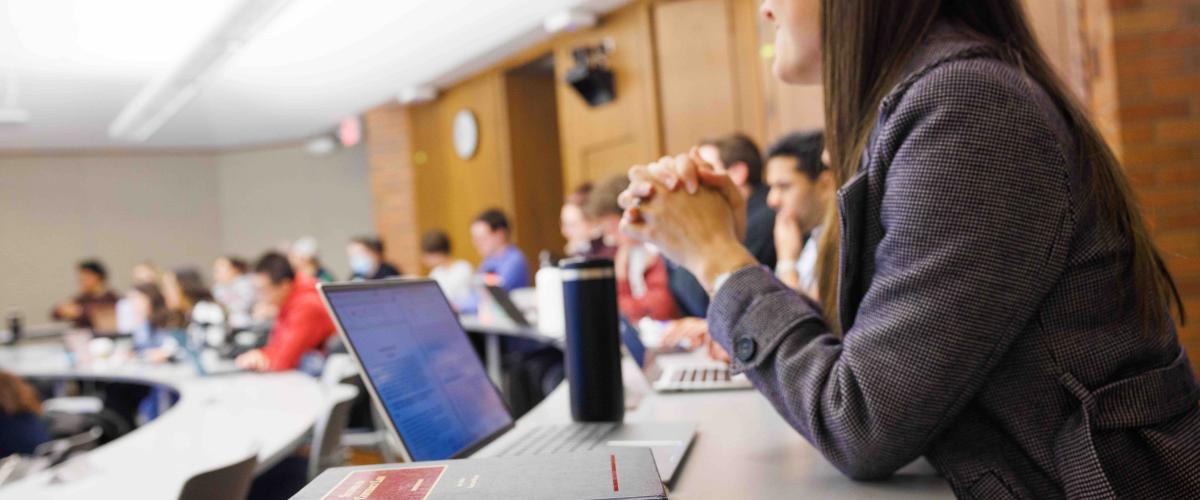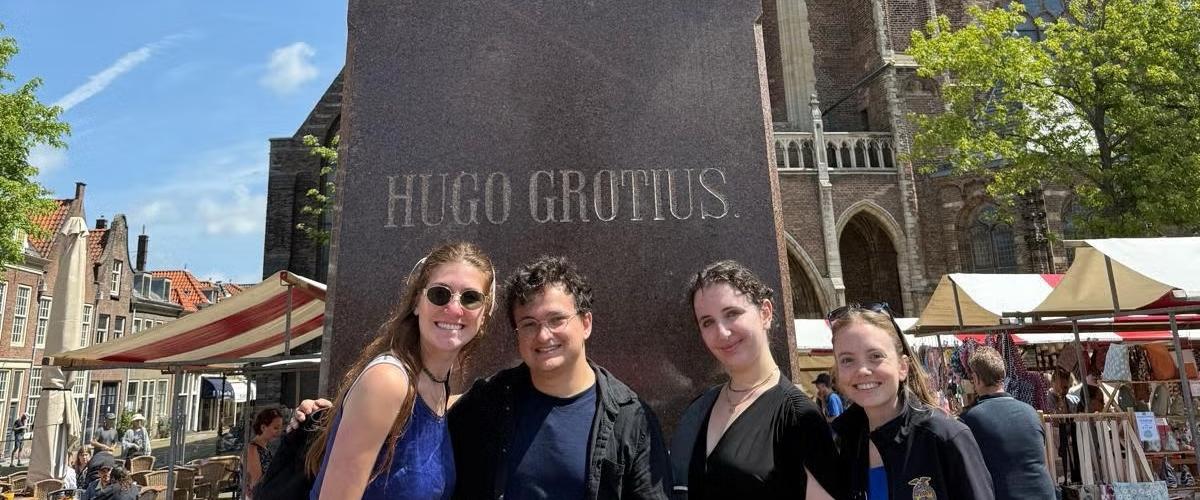In ranking Case Western Reserve University School of Law’s International Law Program among the top 10 in the nation last month, PreLaw Magazine recognized the law school’s funded internships as the secret to placing so many of its graduates in the field of international law.
Every summer, dozens of our law students undertake international law internships at prestigious institutions around the globe for academic credit, including Human Rights Watch, the International Criminal Court, the State Department, the World Trade Organization, Interpol, the World Intellectual Property Organization and more. With its $4 million endowment, the Cox Center has provided student stipends to cover travel and living expenses, making these invaluable experiences affordable.
This year, our students obtained a record number of foreign placements. Then the coronavirus hit.
Law firms, government agencies, international organizations and non-governmental organizations are either moving to a remote internship experience or canceling internships for the summer of 2020 altogether.
In response to the disruption, the leaders of CWRU’s Case Global program worked together to create an alternative arrangement for students who lost their summer placements, inviting them to work remotely for the summer as research fellows for one of the law school's Case Global centers, institutes and affiliated organizations, including the Frederick K. Cox International Law Center, the Henry King War Crimes Research Office, the Institute for Global Security, Law and Policy, the Canada-U.S. Law Institute and the Public International Law & Policy Group. Students will earn a $1,500 stipend and three credits under the umbrella of the Law School’s International Law Research Lab.
Altogether, 27 exciting and impactful projects have been put in place – more than enough to cover every student who had lost an international internship. The projects include drafting a report on the shift in U.N. security council power to the General Assembly, developing the first-ever compendium analyzing the Canadian and U.S. laws that apply to the Great Lakes, creating dossiers for potential prosecution of Yemen War Crimes and drafting a report examining nations’ responses to the coronavirus pandemic and assessing their compliance with and respect for human rights.
“This has truly been a team effort to pull together and do everything in our power to ensure that our students continue to receive a hands-on, real-world educational experience, regardless of the current circumstances,” said Dean Michael Scharf. “I’m thankful for the work of our Case Global officers in making this possible, in particular Professors Juscelino Colares, Steve Petras, James Johnson and Avidan Cover. In a short period of time, they’ve helped us turn this difficult situation around to the benefit of our students.”
Having established this model, the efforts of the Case Global Faculty are being replicated by the law school’s other academic centers with the goal of creating opportunities for every student whose summer placement was affected by the coronavirus.





